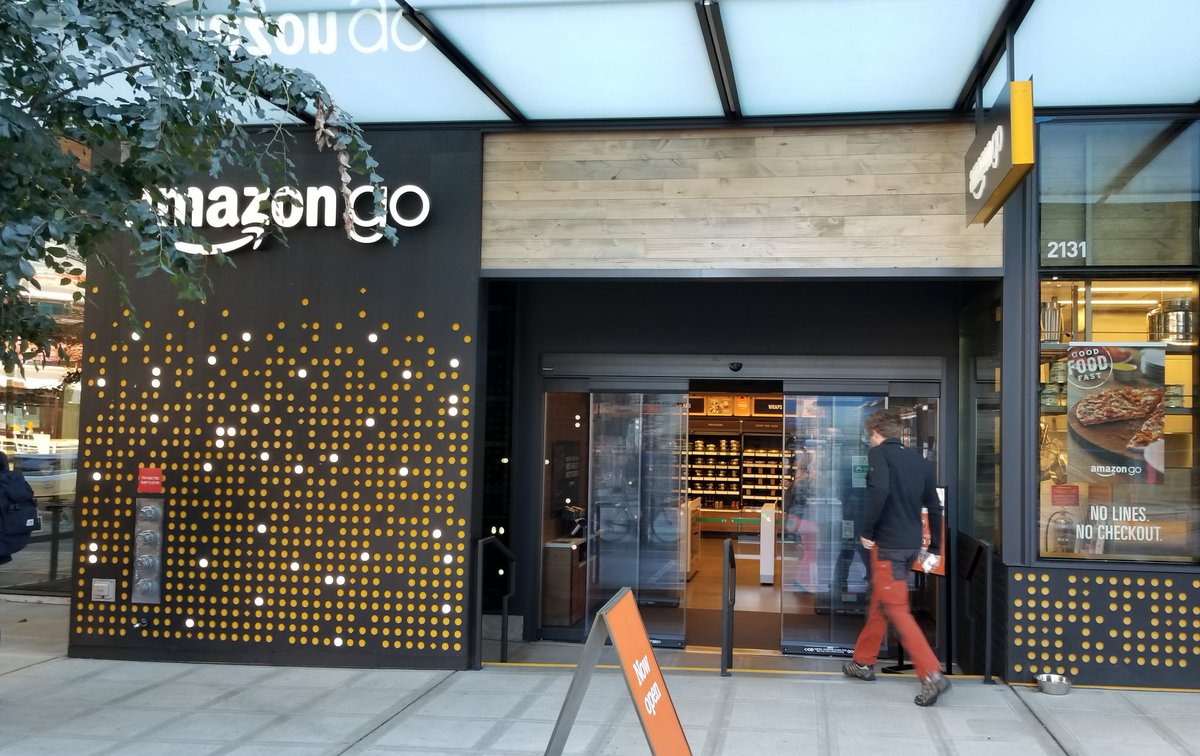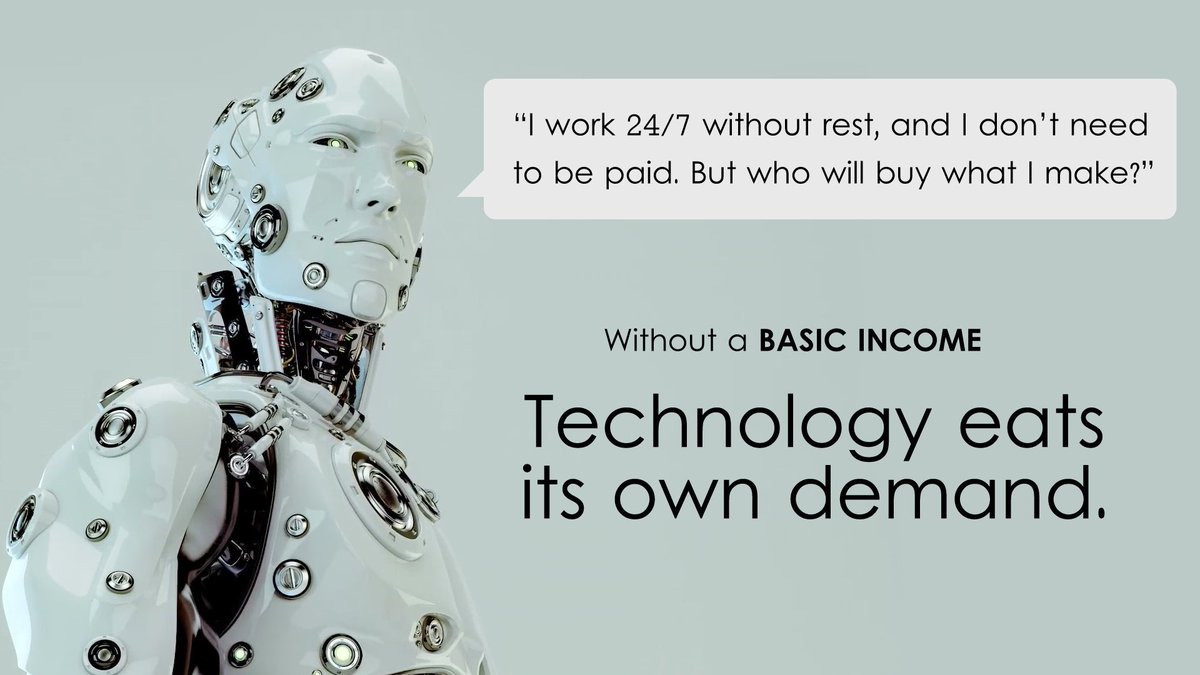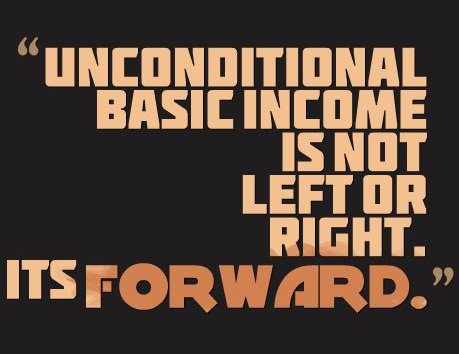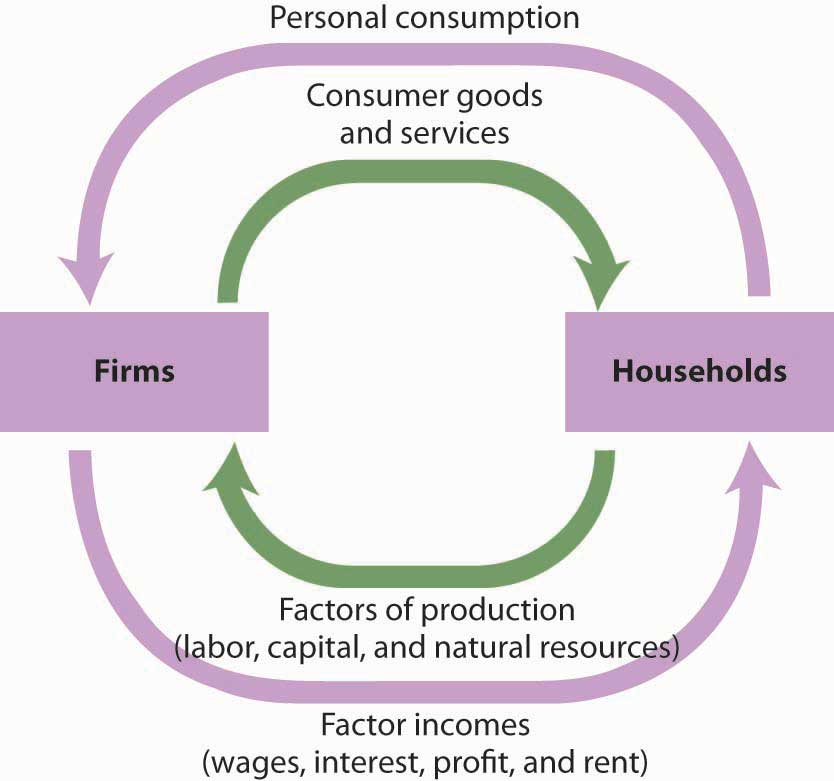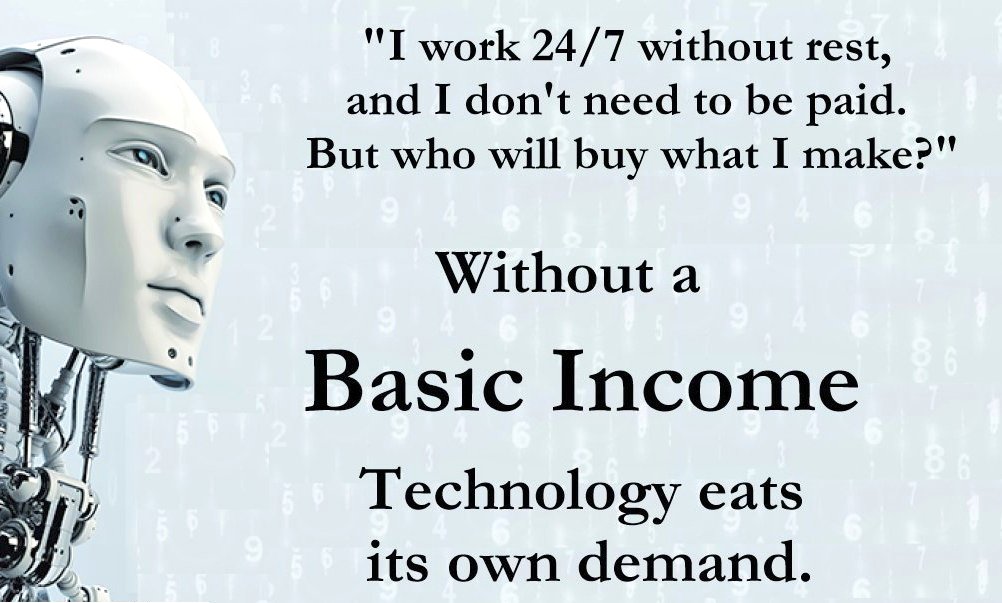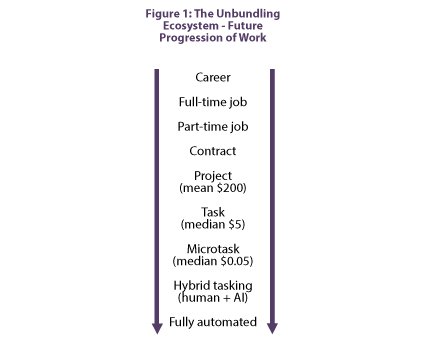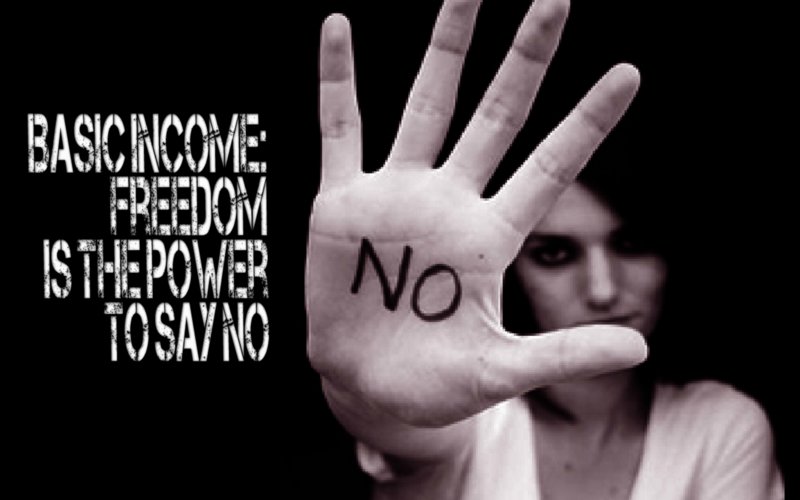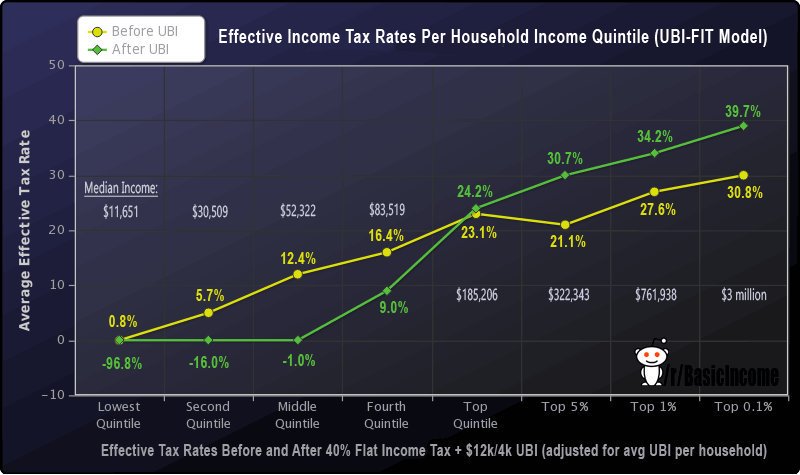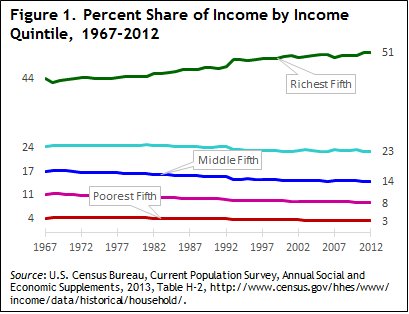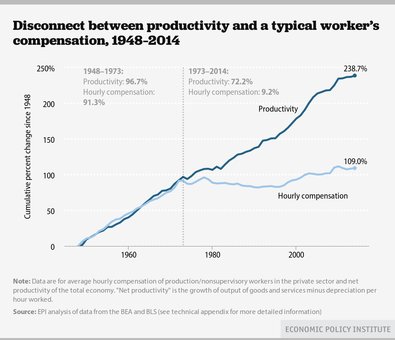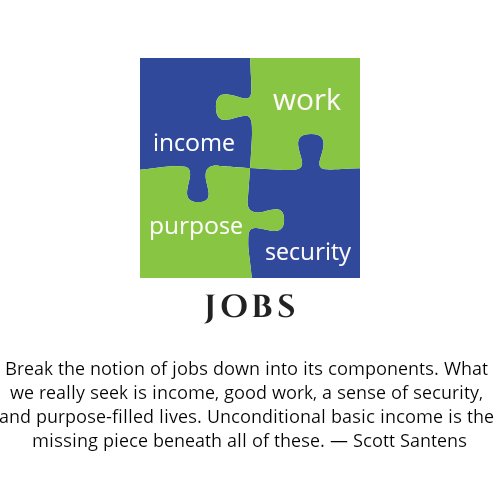"Why should the rich who don't need it get Unconditional #BasicIncome (UBI) too?" asks the person who would never think of suggesting that public K-12 schooling and access to police & fire protection only be made available to those households earning less than $100,000 per year.
Don't worry about the rich when it comes to UBI. They will all be net payers, paying more in than they get out, just as they already do with schooling where they pay for public school but instead opt to pay even more for private school. The universality of UBI is its strength. 
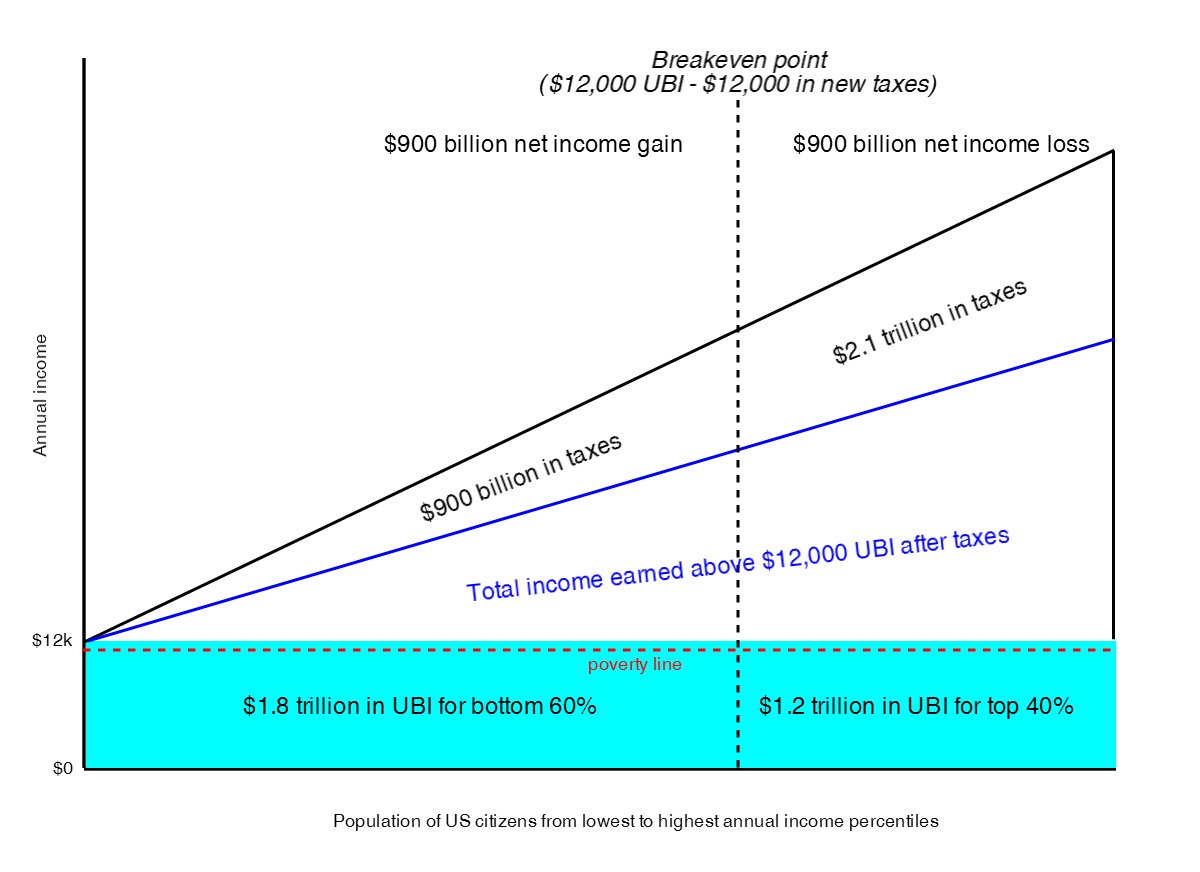
It is not wasteful to provide UBI to those who don't need it. First of all, who are you to say who needs it and who doesn't? Secondly, trying to save money by doing so creates stigma and divides the population, weakening the program. Programs for the poor are poor programs.
Look at the Alaska dividend, created as a means of protecting the Alaska Permanent Fund from being raided by politicians. If the dividend was not universal and only provided to those earning less than $50,000, do you think it would be as popular as it is?
qz.com/1018413/new-su…
qz.com/1018413/new-su…
Here's a thought experiment about this too, about why universality makes so much more sense than targeting. Imagine your job in a room filling with water is to prevent anyone from drowning. What do you do? Test for swimming ability? Or life vests for all?
steemit.com/basicincome/@s…
steemit.com/basicincome/@s…
Our desire to not help those who don't need it shouldn't outweigh our desire to help those in need. Helping someone who doesn't need help is at its worst wasteful. Not helping someone who needs help is at its worst fatal. Errors of exclusion are far worse than errors of inclusion
• • •
Missing some Tweet in this thread? You can try to
force a refresh


